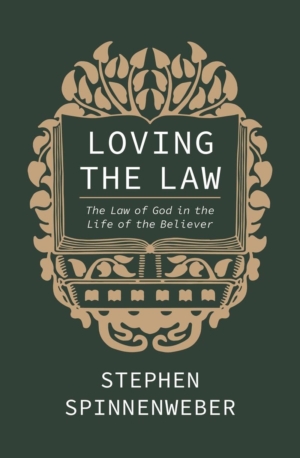I don’t like writing about this, but I like ecclesial lawlessness even less. And I don’t seek this stuff—it is thrust upon me. Is there any reason unordained persons should lay hands on ruling elders being ordained in a PCA church? Is . . . Continue reading →
Heidelcast: “Paradox People: Learning to Live the Beatitudes” an Interview with Jonathan Landry Cruse
R. Scott Clark talks with Jonathan Landry Cruse about his book, “Paradox People: Learning to Live the Beatitudes” Continue reading →








